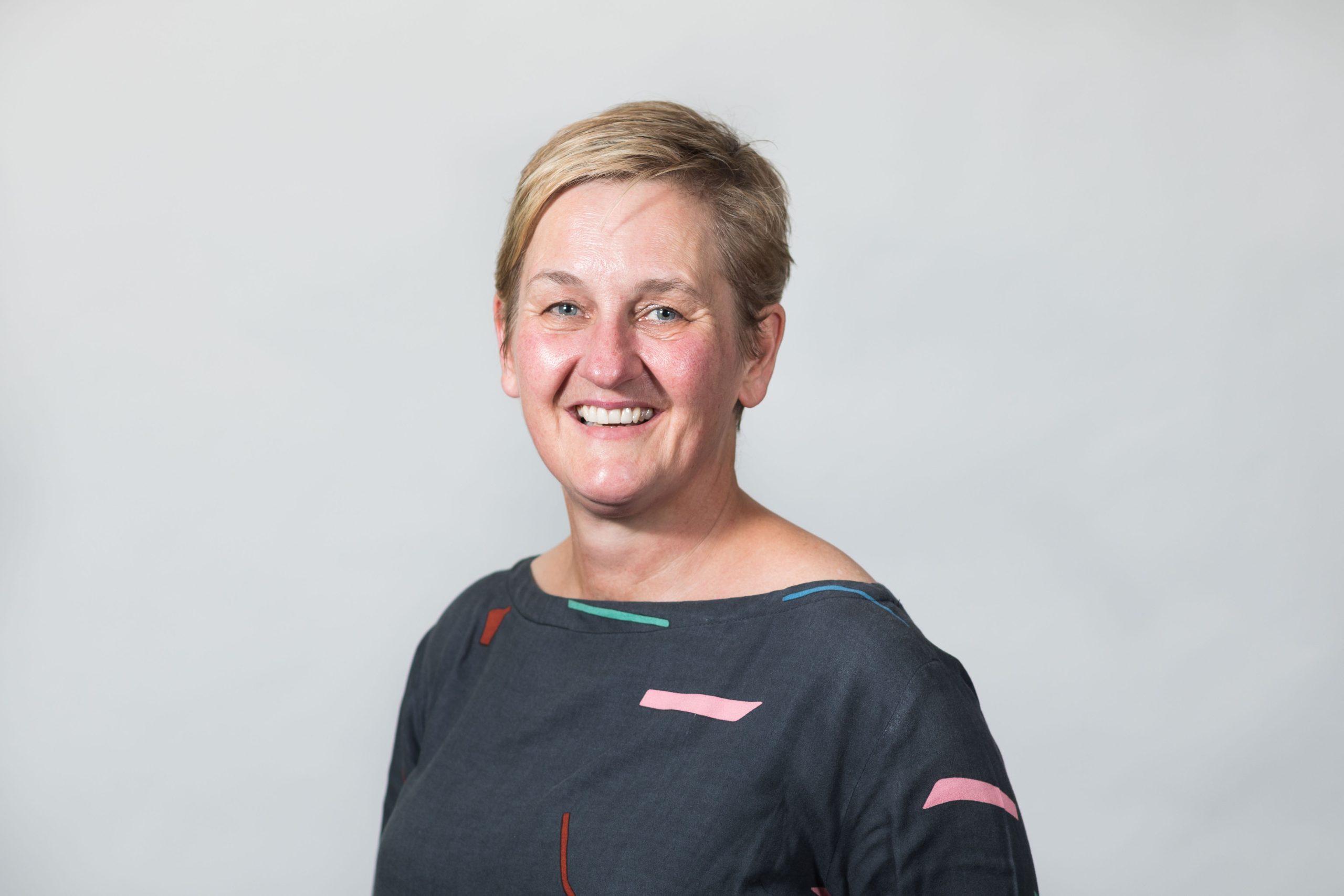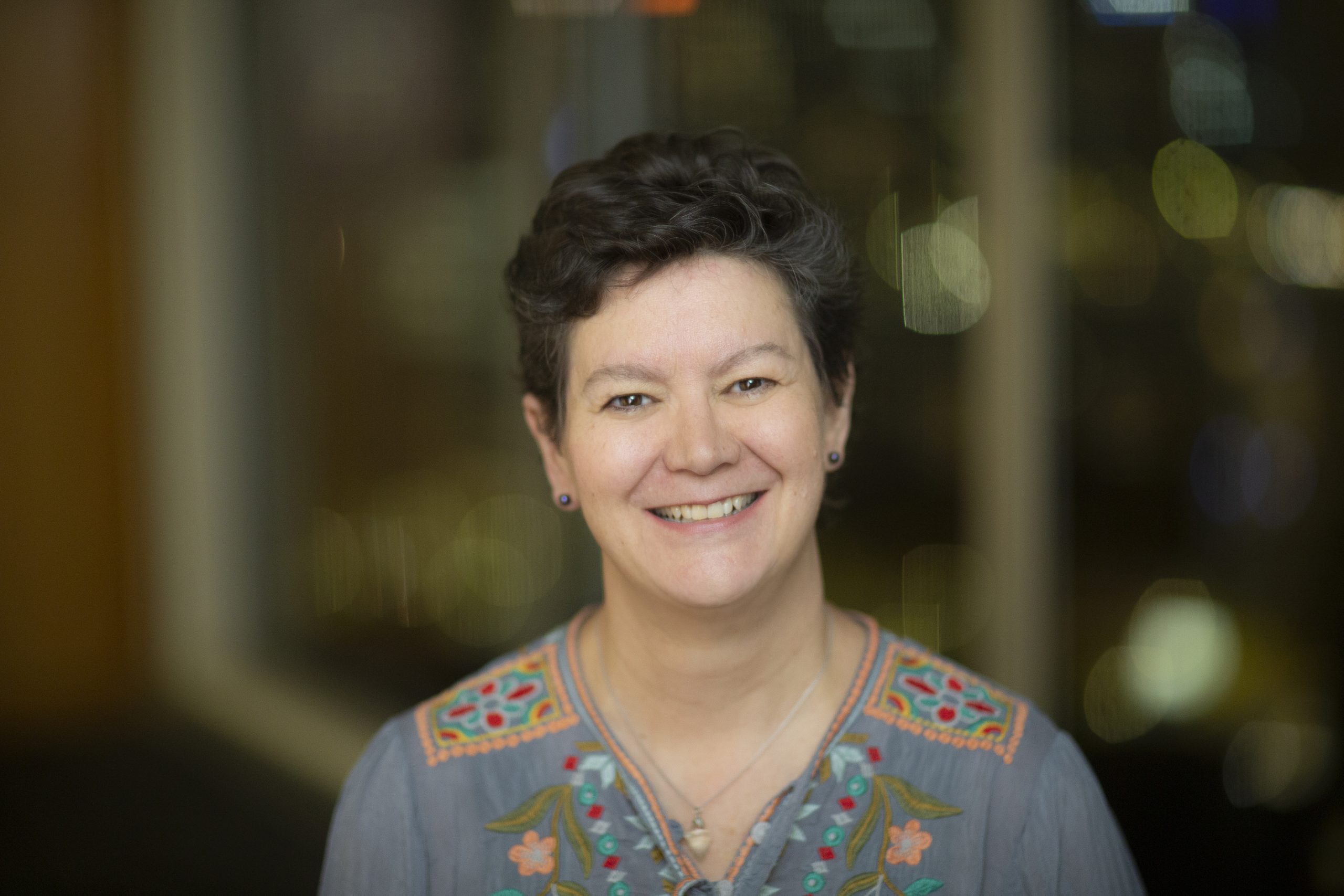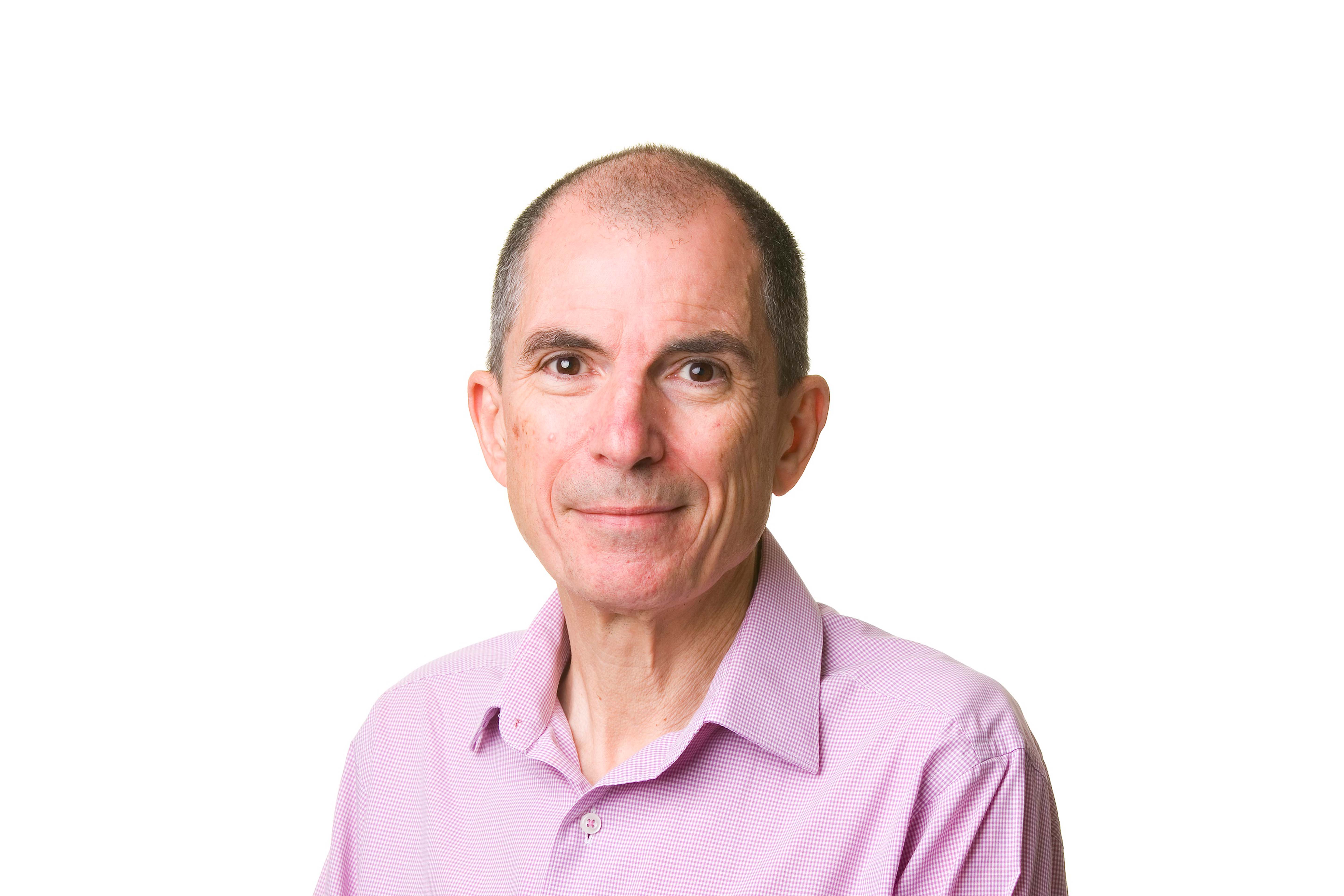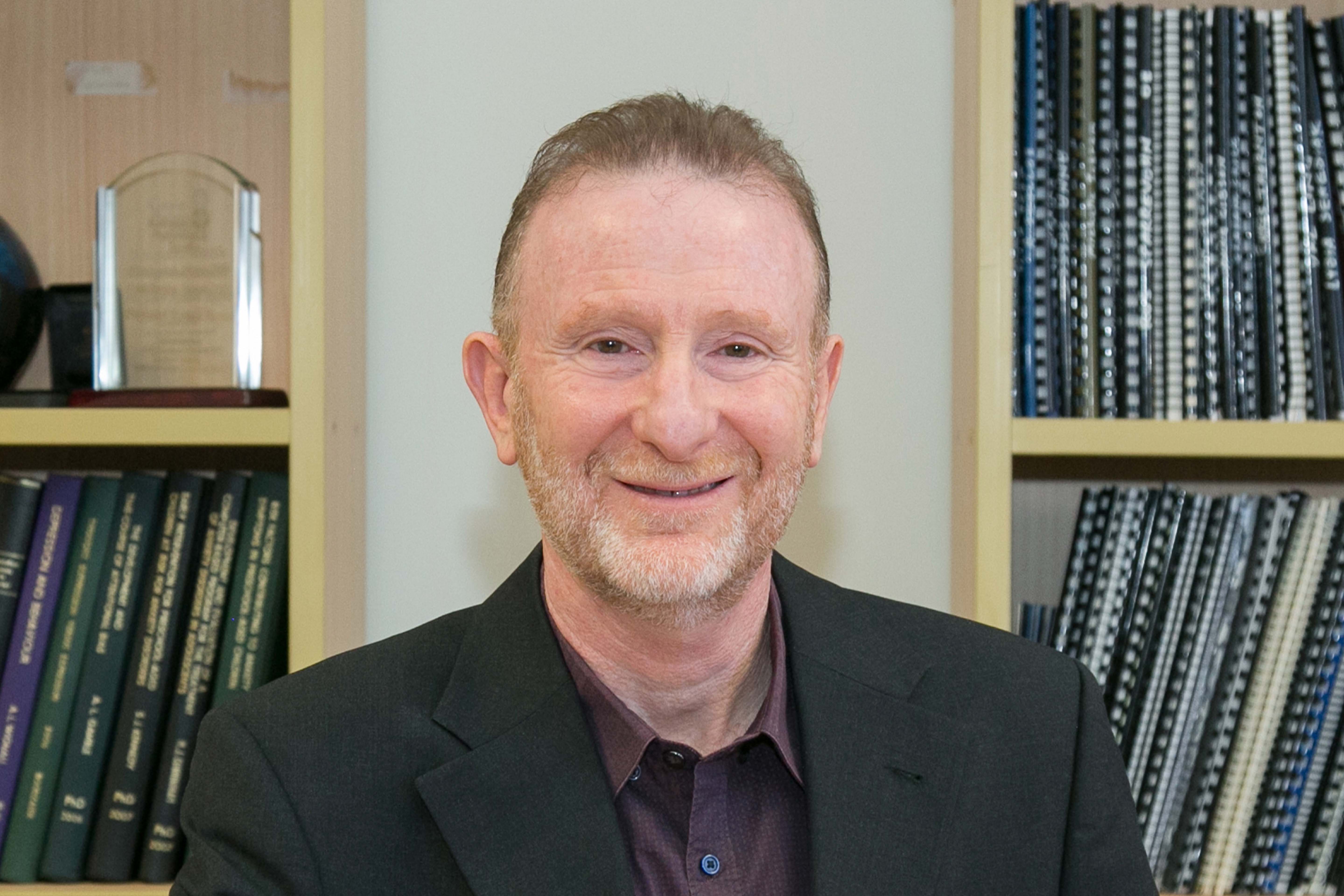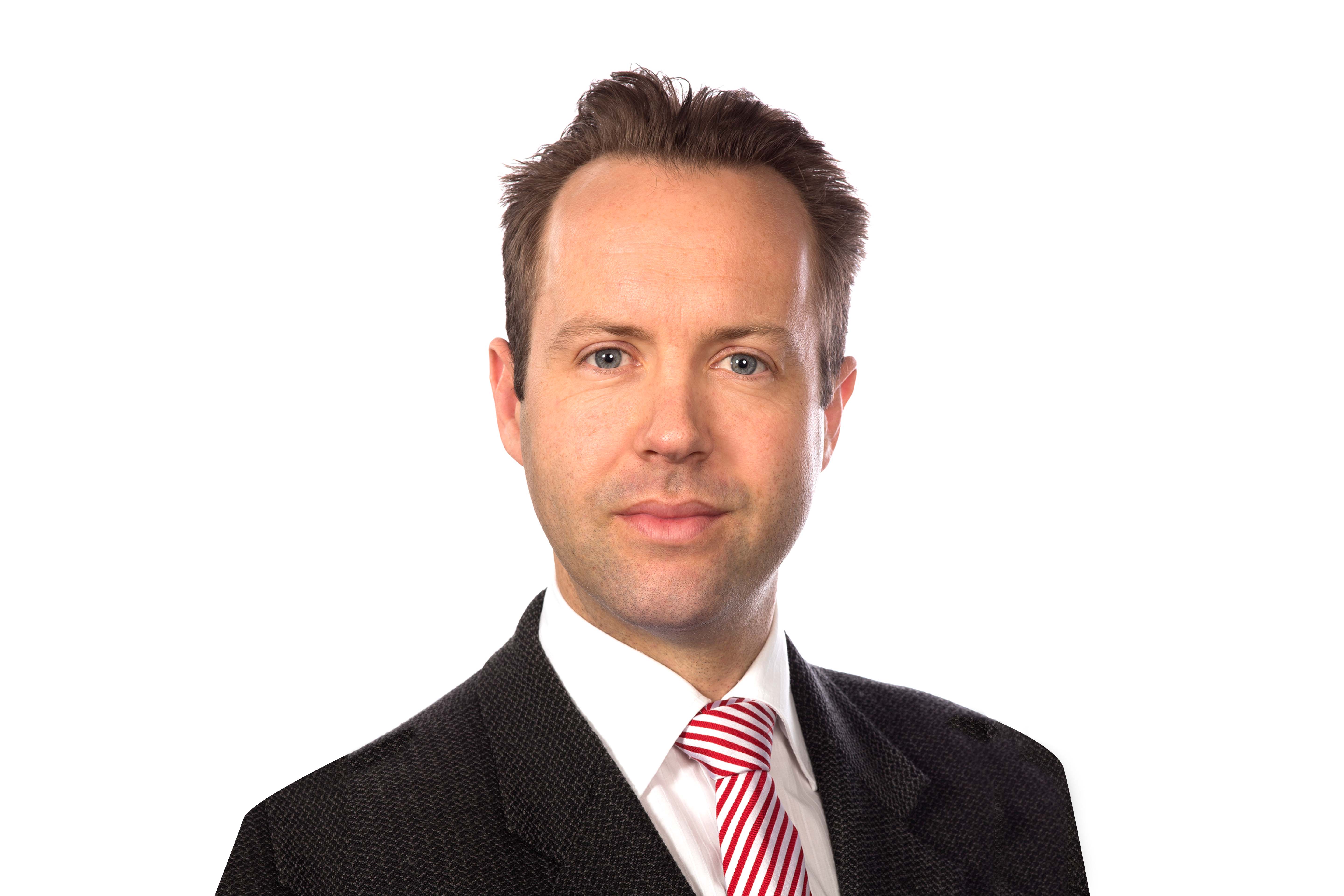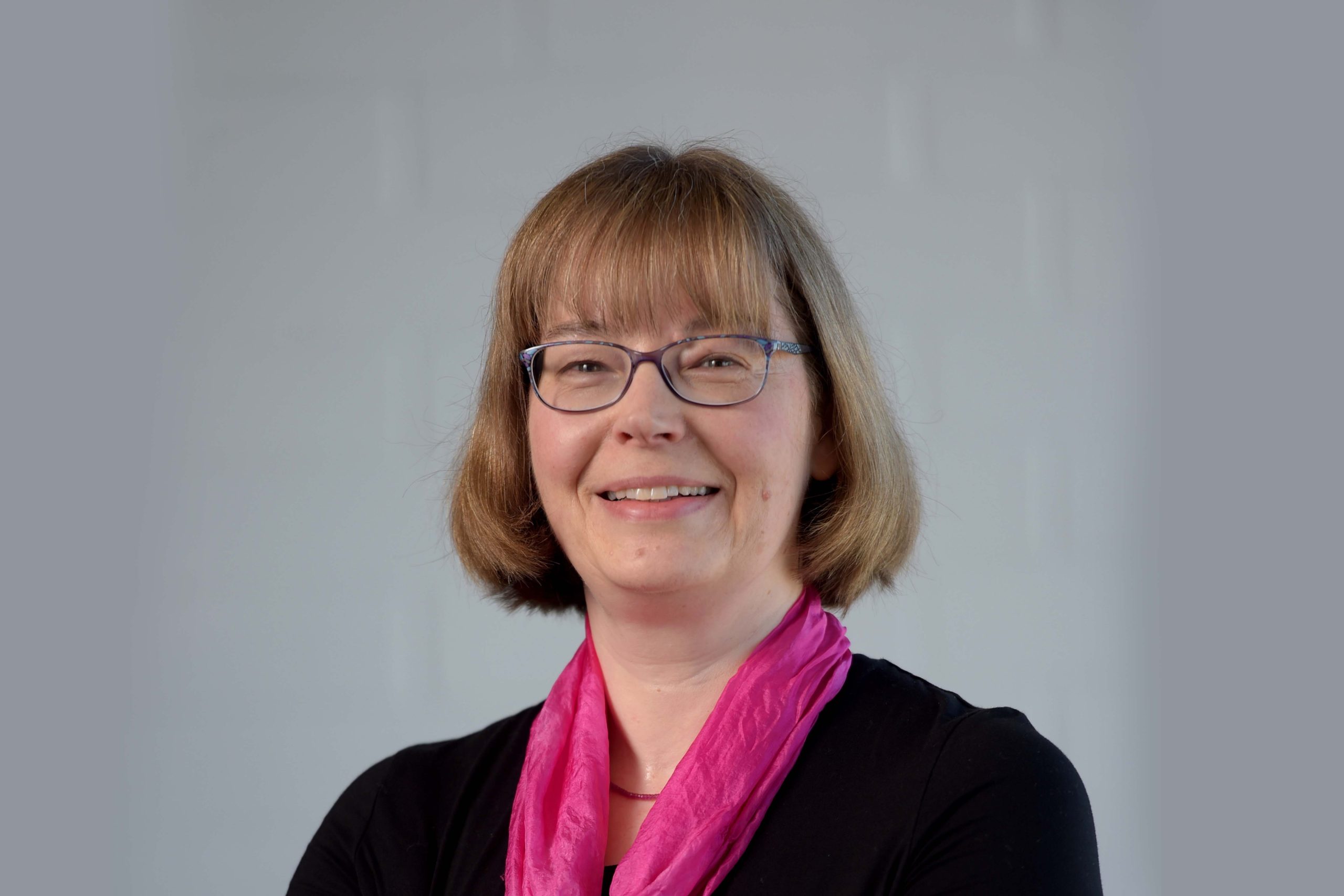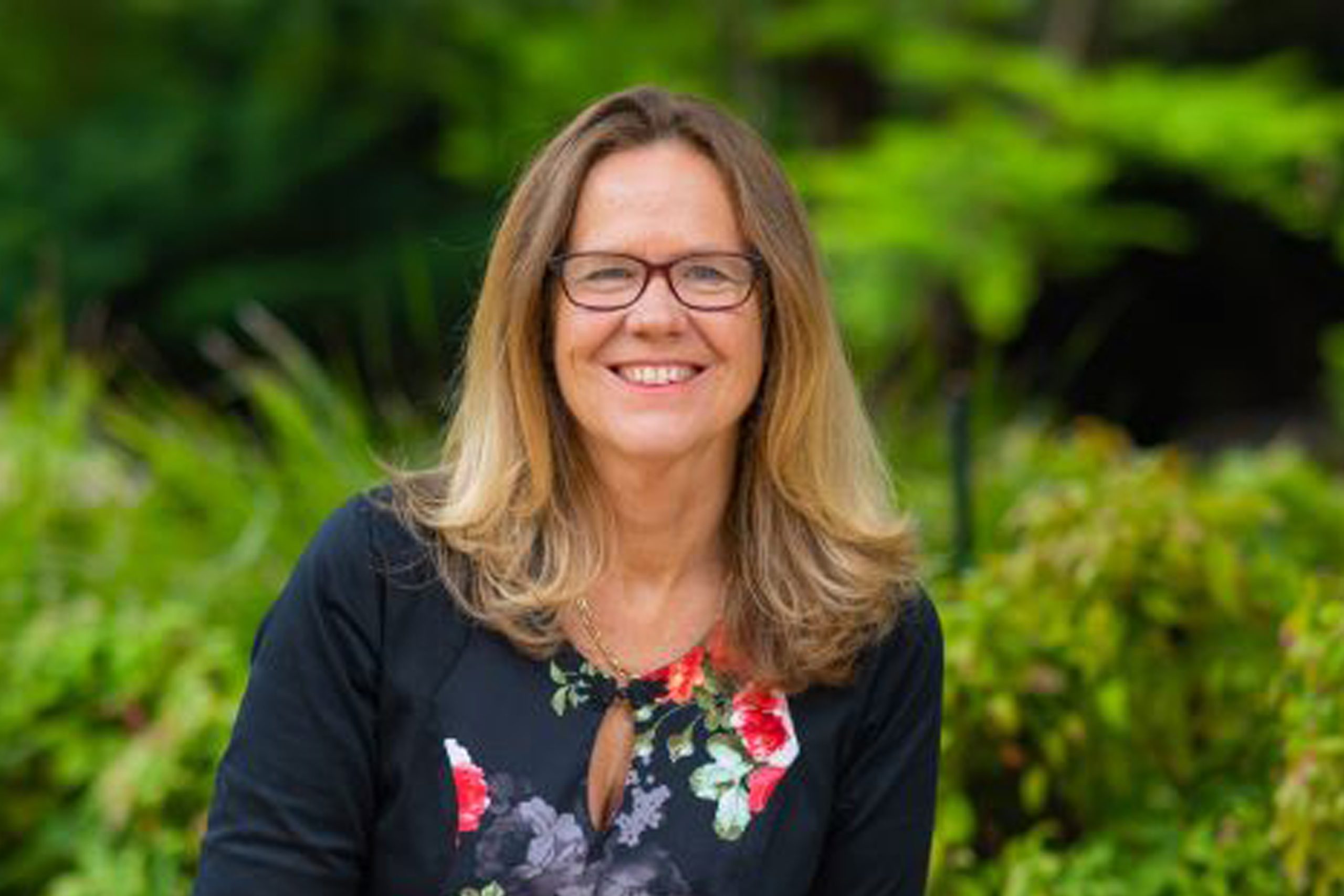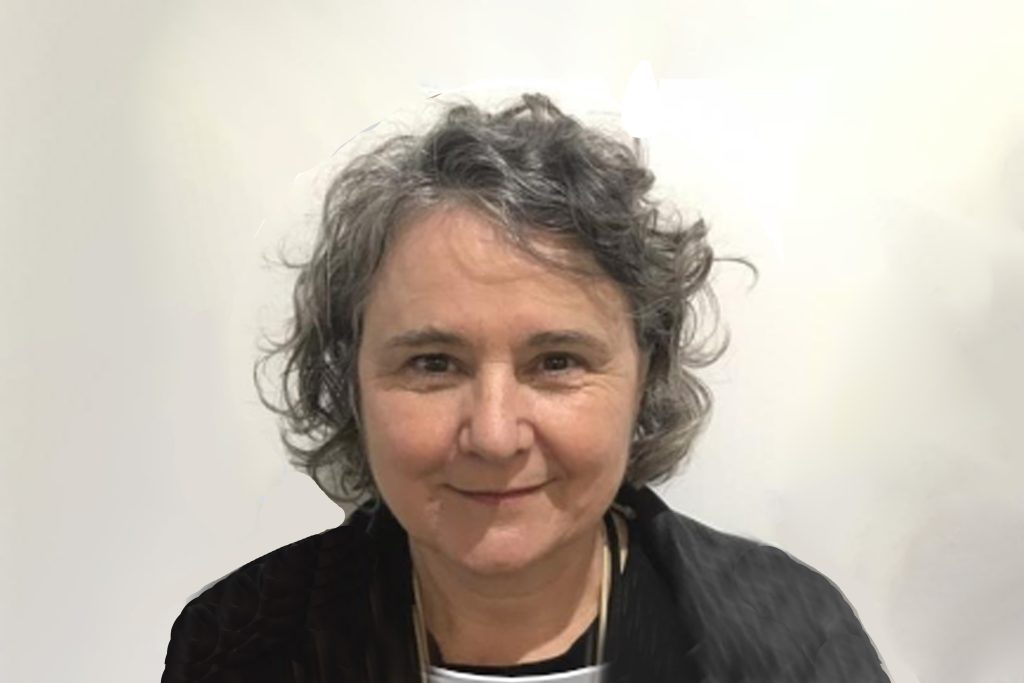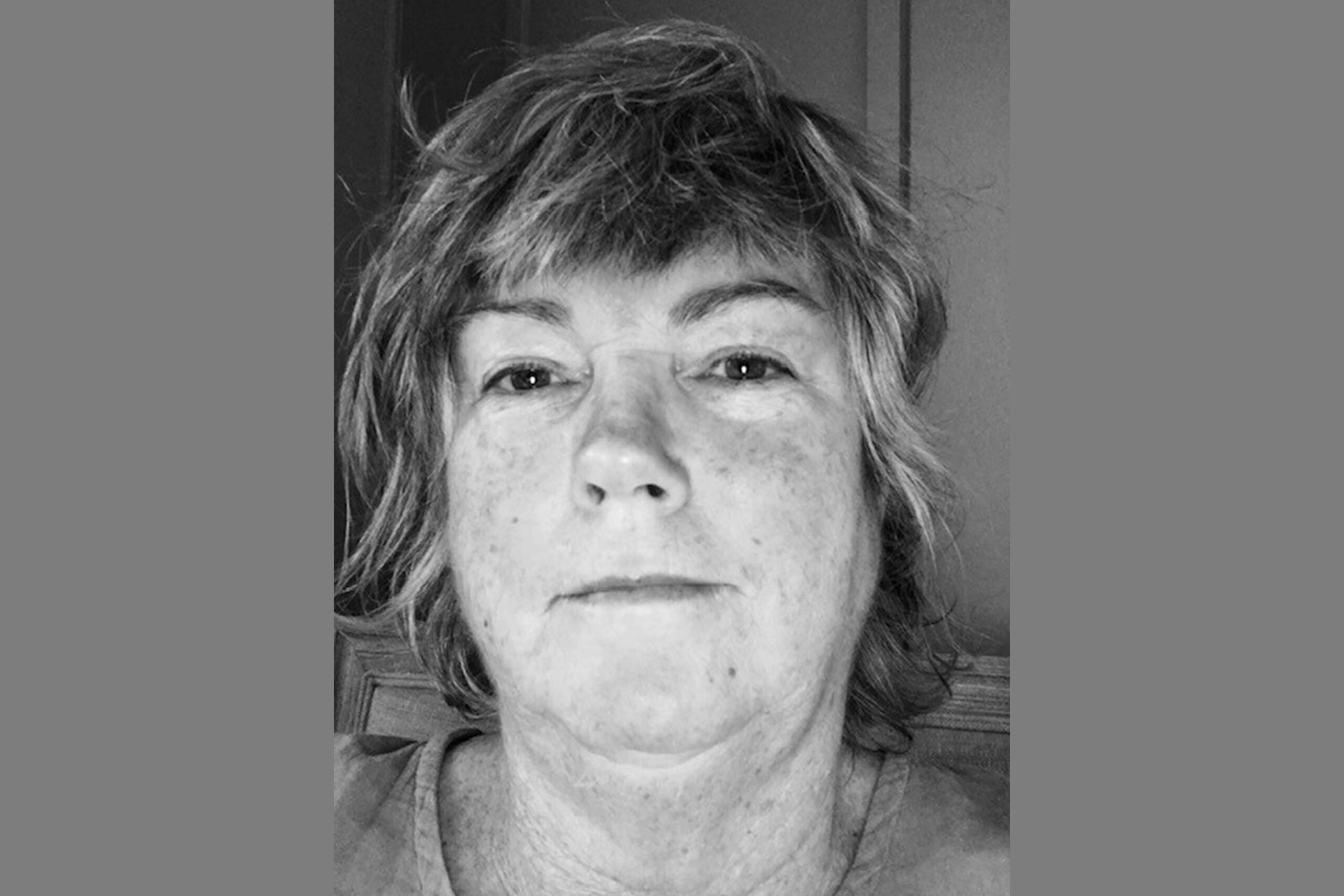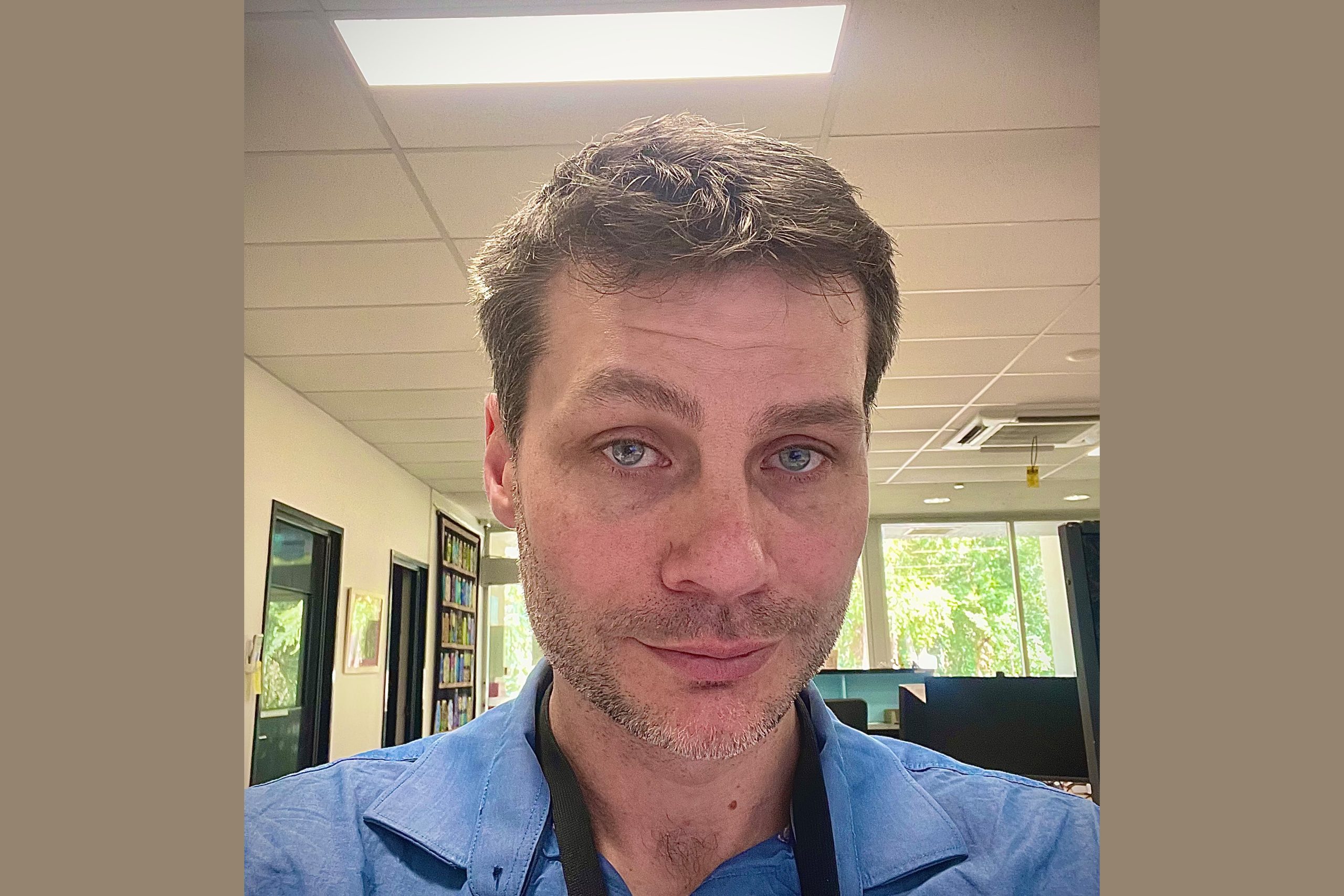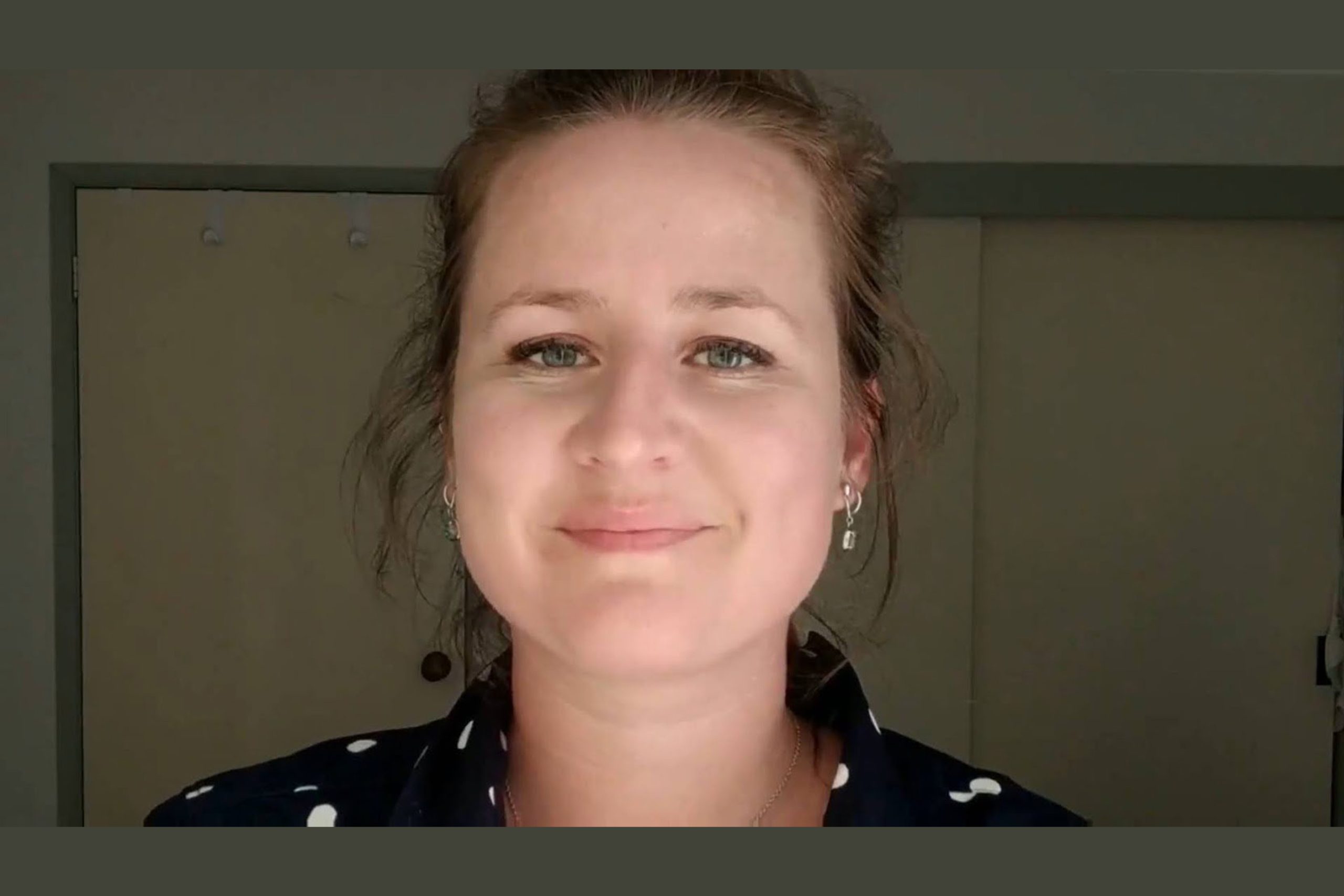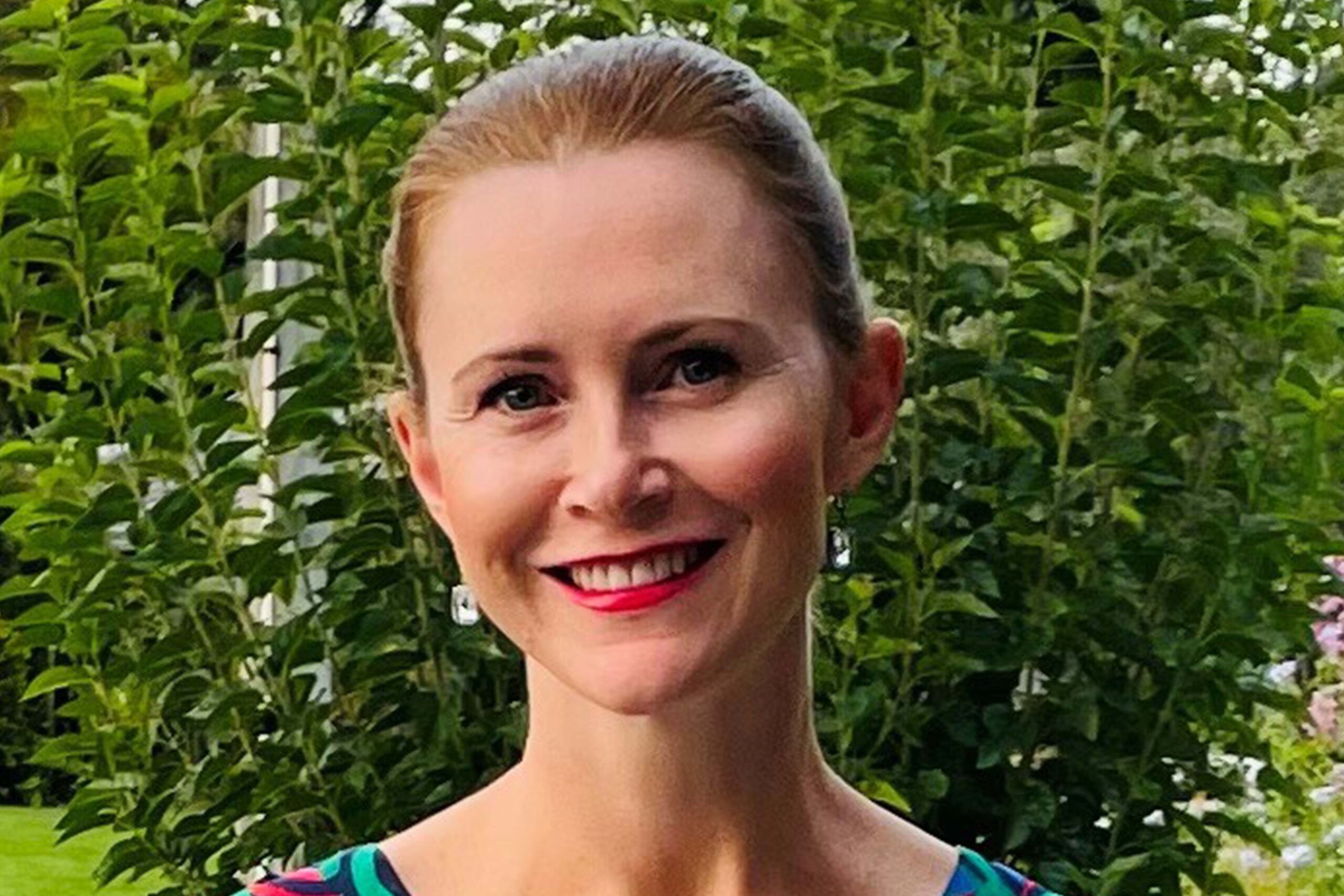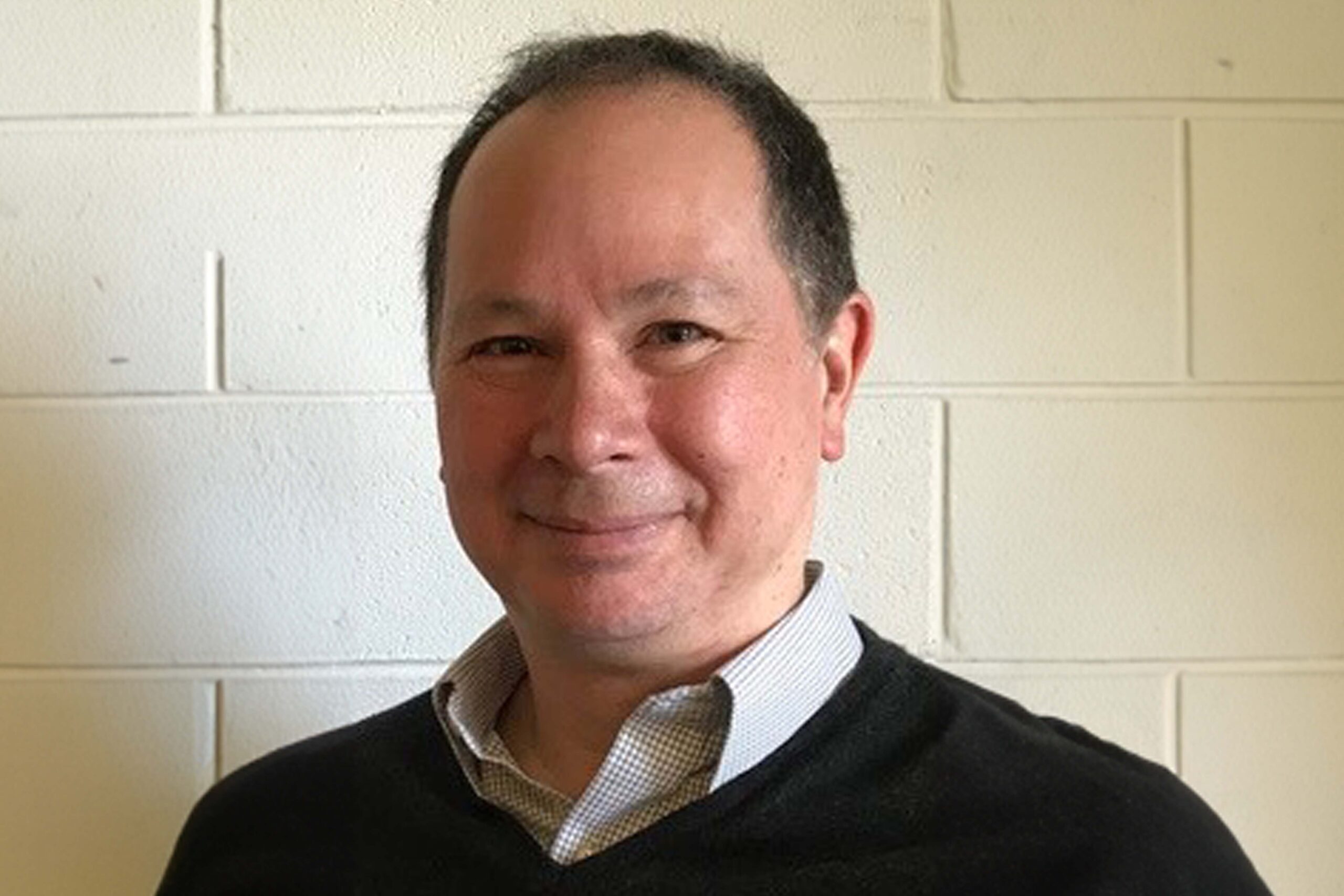Network member organisations will shape and lead the ALIVE Centre translational outcomes. The network will support implementation and translation research that enables the earlier identification of needs at any stage across the life course and leads to embedding of preventive interventions across settings that reduces future ill-health. Our implementation and translation network is comprised of leaders who support the adaptations and testing out of innovative models of care to ensure that the social context and determinants of health are addressed.
Members will have access to co-created, sector specific and tailored implementation tools and techniques. They will contribute to development of quick guides for research implementation based on models of promise that our mental health research leaders have identified and that people with lived-experience of mental ill-health and carers have co-designed. The implementation and translation suite will be available via the ALIVE Centre’s digital platform for members.
Members may be involved in internationally cutting-edge research and implementation. The goal of the network is to provide national capabilities to support demonstration events (where we show case models of promise from research and partner organisations), demonstration projects (where larger implementation studies are designed and implemented for implementation and translation knowledge leading to the identification of levers and clear strategies for future implementation into different health, and mental health service delivery settings). There will be opportunities for network members to participate in co-designed Decision Support Tools (DSTs) also called Clinical Prediction Tools (CPTs) which support earlier identification of needs and person-centred ways to identify goals and support people into the right care pathways at the right time.
Network Co-Leads
Priscilla Ennals
Partner Co-Lead
NEAMI National
Priscilla is an occupational therapist and researcher who has worked in or around mental health service systems for more than 30 years. This has included practice in clinical mental health settings and in the For Purpose sector – managing research at Neami National, a large provider of mental health, housing and homelessness, and suicide prevention services. She taught occupational therapy undergraduate and graduate programs at La Trobe University, and hold Honorary roles at both La Trobe and Monash. Her expertise is in qualitative research and she is committed to participatory processes that centre people with lived and living expertise in the generation of knowledge and the evaluation of services. At Neami National, Priscilla has led an approach to understanding and measuring what matters from the perspective of people who use services. She is interested in using qualitative and quantitative data to understand people, their needs and contexts; reflect on and continuously improve the impact of services; and build knowledge to advocate and influence system reform. Within the ALIVE Implementation and Translation Network, Priscilla sees opportunities to collaborate, test and scale innovative practices in real world service contexts, meaning people get more rapid access to mental health supports and treatments that are effective, acceptable and relevant in their lives.
Caroline Johnson
Investigator Co-Lead
University of Melbourne
Caroline is an academic General Practitioner based in Melbourne and a founding Associate Investigator of the ALIVE centre. She has three decades of experience in clinical practice and since the late 1990s has combined medical education, mental health advocacy and research with her clinical work, to develop novel insights into how primary mental health care can be optimised. Alongside her extensive experience as an educator at undergraduate, vocational training and postgraduate levels, she has represented the profession of General Practice on numerous advisory groups, national committees and as a previous Board Member of Mental Health Australia. She is currently a Non-Executive Director of Eastern Melbourne PHN and the RACGP representative on the Equally Well Alliance.
As a researcher, Caroline is uniquely placed to assist with translation of evidence into real-world practice due to her in-depth knowledge of the primary care mental health system and how it interacts with the broader health system. Her PhD explored the experience of monitoring people with depression in the GP setting. Her current research focusses on how decision support tools can be implemented in routine clinical practice to assist primary care providers and people with lived experience to more efficiently and effectively navigate access to appropriate mental health care.
Daniel Rock
Partner Co-Lead
WA Primary Health Alliance
Dr Daniel Rock is the Principal Adviser and Research Director at the WA Primary Health Alliance who operate the three WA Primary Health Networks. He is an epidemiologist and an Adjunct Professor in the Discipline of Psychiatry, Medical School, UWA and the Faculty of Health, University of Canberra. Prior to joining WAPHA he was Deputy Executive Director at North Metropolitan Health Service Mental Health, Director of Clinical Research, conjoint Clinical Professor of Psychiatry and Population Health and Co-Director of the UWA Centre for Clinical Research in Neuropsychiatry in Perth.
Ron Rapee
Partner Co-Lead
Macquarie University
Ron Rapee is Distinguished Professor of Psychology at Macquarie University and Director of the Centre for Emotional Health. Professor Rapee specializes in mental health, especially in anxiety and related disorders across the lifespan. He has developed a number of empirically supported treatment programs that are used across the world. Professor Rapee has been honoured by awards from both scientific and consumer groups, including the Distinguished Career Award from the Australian Association for CBT and the Distinguished Contribution to Science Award from the Australian Psychological Society; and he was awarded a Member of the Order of Australia in 2012 for his contributions to clinical psychology, especially among young people.
Iain Perkes
Partner Co-Lead
University of New South Wales
Iain Perkes is a senior lecturer in child and adolescent psychiatry at The University of New South Wales and the Sydney Children’s Hospital Network where he established the Mental Health Clinical Research Unit. He has received funding from the Australian National Health and Medical Research Council (NHMRC) and multiple international agencies including the Tourette’s Association of America. He regularly gives invited talks at international conferences and is Associate Editor for the Australian and New Zealand Journal of Psychiatry.
Nicola Lautenschlager
Investigator Co-Lead
University of Melbourne
Nicola is one of the leading clinician-scientists in cognitive health and aged mental health in Australia. She is a practicing old age psychiatrist. Nicola has extensive experience and international standing in the use of non-pharmacological and activity-based models of prevention and care. She led a multidisciplinary team who developed the first national physical activity guidelines for supporting cognitive health in people with cognitive concerns. Nicola is passionate about implementation research aiming to improve holistic wellbeing of middle-aged and older people. She is a co-lead of the Implementation and Translation Network (ITN).
Lisa Brophy
Investigator Co-Lead
La Trobe University
Lisa has had a long career in mental health and social work, and has extensive experience working collaboratively with people with lived experience of ongoing distress and mental ill-health. Lisa is currently a member of the Victorian Mental Health Tribunal. She was the Principal Research Fellow for MIND Australia one of the largest non-government providers of mental health services. Lisa’s research contributions on the safety and care of people under treatment orders, and smoking cessation, cancer screening and the evaluation of prevention and recovery care services in Victoria will support her role to lead the development of policy/implementation briefs to disseminate models of promise, innovations and research findings to government, partner agencies and the community sector.
Deborah Howe
Partner Co-Lead
NSW Mental Health Commission
Deborah (Deb) Howe works at the NSW Mental Health Commission in the Director System Reform role. Deb has worked in Mental Health for a significant period of time in a range of settings including the NSW Health, Agency for Clinical Innovation (ACI) in a state-wide role – Mental Health Network Manager, Central Coast Local Health District (Manager/Director, Children and Young People’s Mental Health), the Ministry of Health, Mental Health Branch (Senior Policy Analyst Suicide Prevention and CAMHS), and the NSW Mental Health Commission (Senior Advisor, Policy and Strategy). In her senior clinical operational role Deb was responsible for building a comprehensive mental health service for families in the perinatal period, children and young people which included the development and implementation of a state-wide prototype Youth Mental Health model of care (ycentral) and she led on the development of one of first ten headspace Centres in Australia. Other areas of expertise include early psychosis, having developed one of the first early psychosis services in Australia (YPPI), Perinatal and infant Mental Health, Trauma Informed Care and Suicide Prevention. Deb also has a keen interest in a population health approach to mental health (including promotion, prevention and early intervention initiatives), research and evaluation in clinical settings, and service and system reform. Deb has had a specific interest in the mental health and well-being of aboriginal communities. In Deb’s current role she has led on the development of the Trauma Informed Care: Framework for Change for NSW mental health services (https://aci.health.nsw.gov.au/networks/mental-health/trauma-informed-care) and the NSW Suicide Care Pathway (https://aci.health.nsw.gov.au/networks/mental-health/suicide-care-pathway). Deb also has a significant background in research and evaluation and has a number of peer reviewed academic publications.
Lisa Thorpy
Partner Co-Lead
NSW Agency for Clinical Innovation
Lisa Thorpy (MSW, BA) came to social work later in life, following many years as an activist and community services worker. She retrained specifically to work in public mental health services in the hope of effecting service improvement. In addition to working as a casual academic with Southern Cross University, she has worked in a range of clinical settings in NSW Health (inpatient and community mental health, adult and child and adolescent services) as well as in systems improvement positions both locally and at a statewide level. She is particularly interested in addressing people’s experiences of and the system’s responses to the intersections of marginalisation, trauma and violence in mental health services. She is currently working for the ACI, acting in the position of Mental Health Network Manager.
Cath Kaylor-Hughes
Implementation and Translation Network Senior Research Fellow
University of Melbourne
Cath is Co-lead of the Primary Care Mental Health Program and Senior Research Fellow within the Department of General Practice and Primary Care, The University of Melbourne. Cath is the lead researcher on the WiserAD trial [A randomised trial of a Structured Online intervention to Promote and Support Antidepressant De-prescribing in primary care] and an investigator on several other primary care based mental health applied research studies. She is also Senior Research Fellow within the Implementation and Tranlsation Network of the ALIVE National Centre for Research Translation and a Senior Research Fellow for the Translating Research into Primary Health Initiative (TROPHI) Victorian Collaboration, supported by the Windermere Foundation. Cath is currently leading the University of Melbourne team to integrate Professor Gunn’s Link-Me Model of Care into the Department of Health and Aged Care’s Head to Health Mental Health Website. She is the University of Melbourne representative on the steering committee of the national MAGNET Mental health network.
Justin Chapman
Implementation and Translation Network Research Fellow
Griffith University
Most of Justin’s research has been in implementation and evaluation of lifestyle programs for people with mental health issues in partnership with PCYC Queensland. However, more broadly his focus is on improving how health services and community organisations address the health and wellbeing of people with mental health issues. Justin has recently started as a Research Fellow at Griffith University’s Centre for Mental Health with ALIVE’s Mental Health Care at Scale program. He also works as a research officer with QLD Health Metro South Addictions and Mental Health Service and QIMR Berghofer Medical Research Institute. Currently in a mid-life crisis he’s learning to ride a skateboard and have taken up boxing, both of which keep him on his toes almost as much as his two young children.
Hayley Purdon
Lived-Experience Research Collective Lead Representative
Hayley is an advocate for people with lived experience of suicide. After surviving a suicide attempt, Hayley got involved in many advisory groups in order to change the way we prevent suicide in Australia. She has worked with organisations such as Suicide Prevention Australia, Black Dog Institute, Lifeline, Commonwealth Department of Health, Roses in the Ocean and many University institutions in her work. Hayley is also a PhD candidate at the University of New England and holds postgraduate qualifications in suicidology, applied data analytics and human factors (aviation). She has recently launched CriticLE to promote critical thought in how people with lived experience of suicide are engaged in suicide prevention activities. She does all this in her spare time with her full time role being in aviation regulation with the Commonwealth Government. Her work would not be possible without the company of her dog, cat and partner who provide all forms of support.
Josie Briand
Co-Design Living Labs Lead Representative
As a Co-Lead and Co-Design Mental Health Researcher at the University of Melbourne, Josie applies her personal firsthand lived experience and her professional background as a Registered Nurse to co-create and translate evidence-based solutions for mental health challenges. She has been working in this role for three months, after completing a one-year Training Award Program with the Co-Design Living Labs Network for Mental Health Research. Prior to this, Josie engaged in Co-Design Living Labs Program research activities for four years, in the primary care mental health research program, contributing to priority setting via emails and co-design. Her mission is to improve the quality of life and well-being of people living with mental health issues, and to contribute to the advancement of mental health research and practice. She is passionate about helping people and using her knowledge and skills to make a positive impact, especially in children where prevention and early intervention of mental health issues is critical.
Gregor McDonald
Co-Design Living Labs Lead Representative
Gregor first became involved with the co-design living labs program through the CORE study. He is passionate in advocating change within the Mental Health system. He believe that the system needs to evolve to become a more user-friendly system, as well as breaking down the stereotypes, stigmas, and exclusion, which many people with a lived experience experience. Gregor is also interested in utilising Indigenous knowledge to provide a more caring system in which local connection to community and surrounds can be established for people with a lived experience. Gregor has some interest in Epigenetics, in which a gene is expressed due to the environment the organism is experiencing. Can the gene be turned off through changing our view of Mental Health treatment? Neuroplasticity and gut research are also his favorites in the treatment of Mental Health. Although he never went through the whole Mental Health system, Gregor did have friends who went through the system. This included being admitted and then released into a PARC facility. he also witnessed the struggles a close friend had through the private Mental Health system and visited the Melbourne clinic several times to visit him. After his recovery from his own experience, Gregor has been working with National Disability Insurance Service (NDIS) and has had the need to visit clients in the Unit 1 Maroondah hospital and Murnong. This has given him an appreciation, as to the strengths and weaknesses of the present Mental Health system and gained knowledge from people with a lived experience. His own experience has included recovery from several traumas. These include adopted, his parents’ divorce and 10 years ago a Brain Hermitage, which led to me having to retrain and face my fears in the Academy. Gregor also suffered from doubting his ability growing up, as he had a high achieving family member, who he did not feel able to achieve the same standard which he had set. He continue to suffer from social anxiety when placed in intimidating spaces. Usually this is when he feel inadequate to compete with others surrounding him. His permanent disability from my Acquired Brain Injury (ABI) also impacts him when he is tired, ill or trying to exercise high level cognitive activities.
